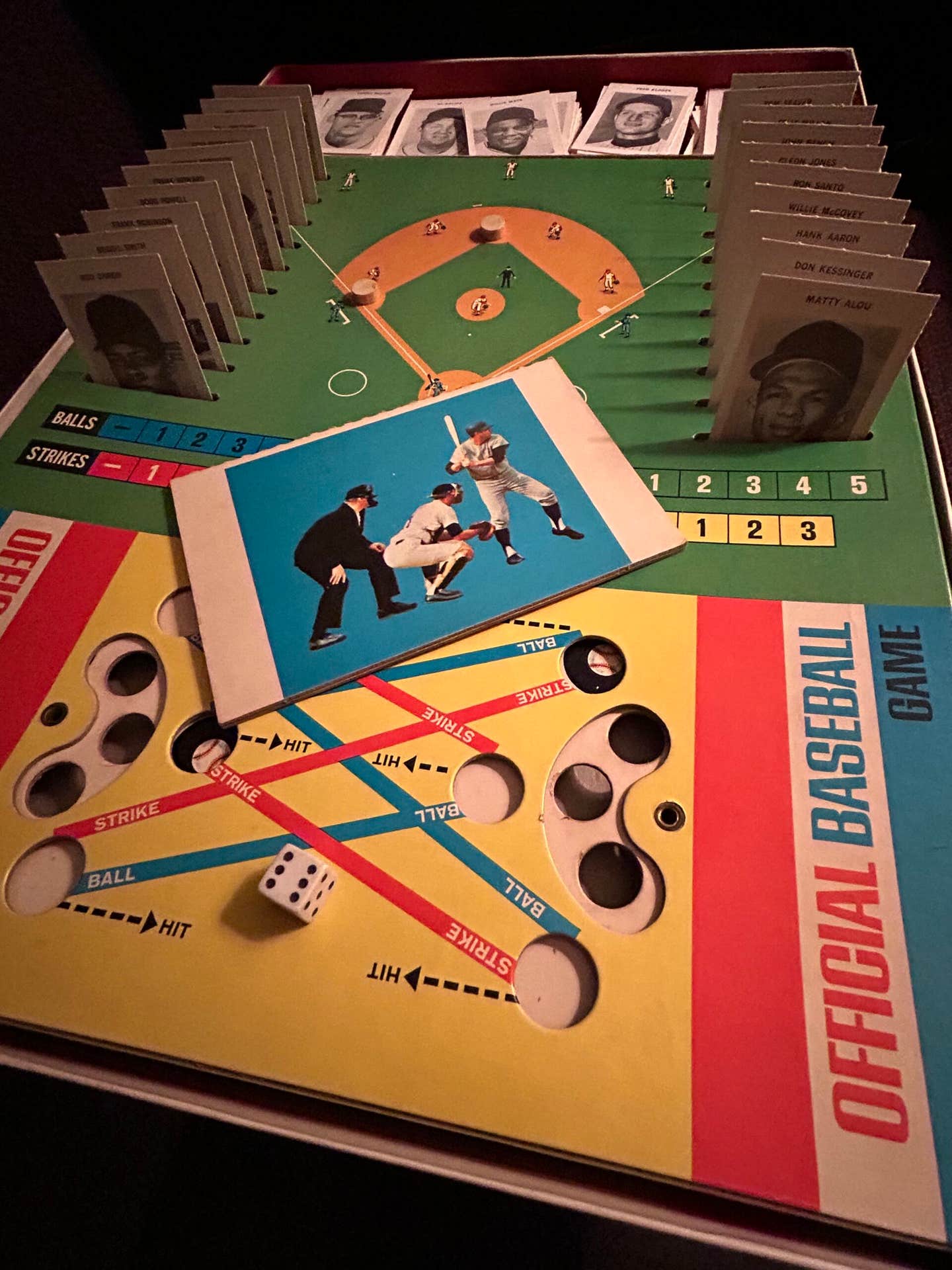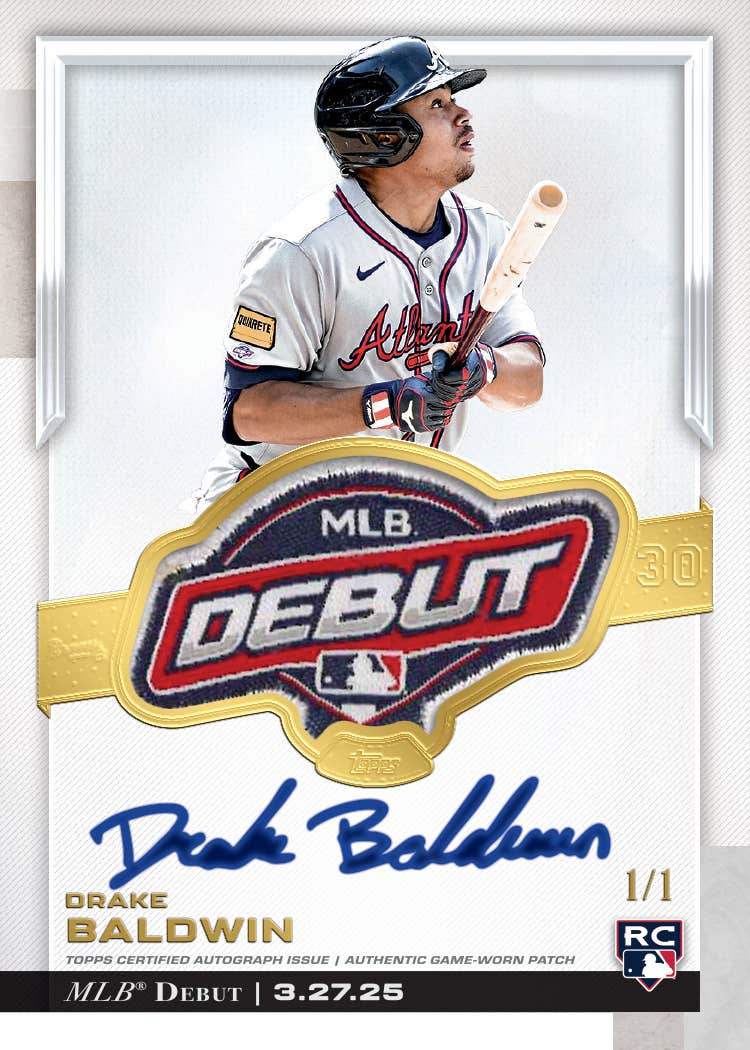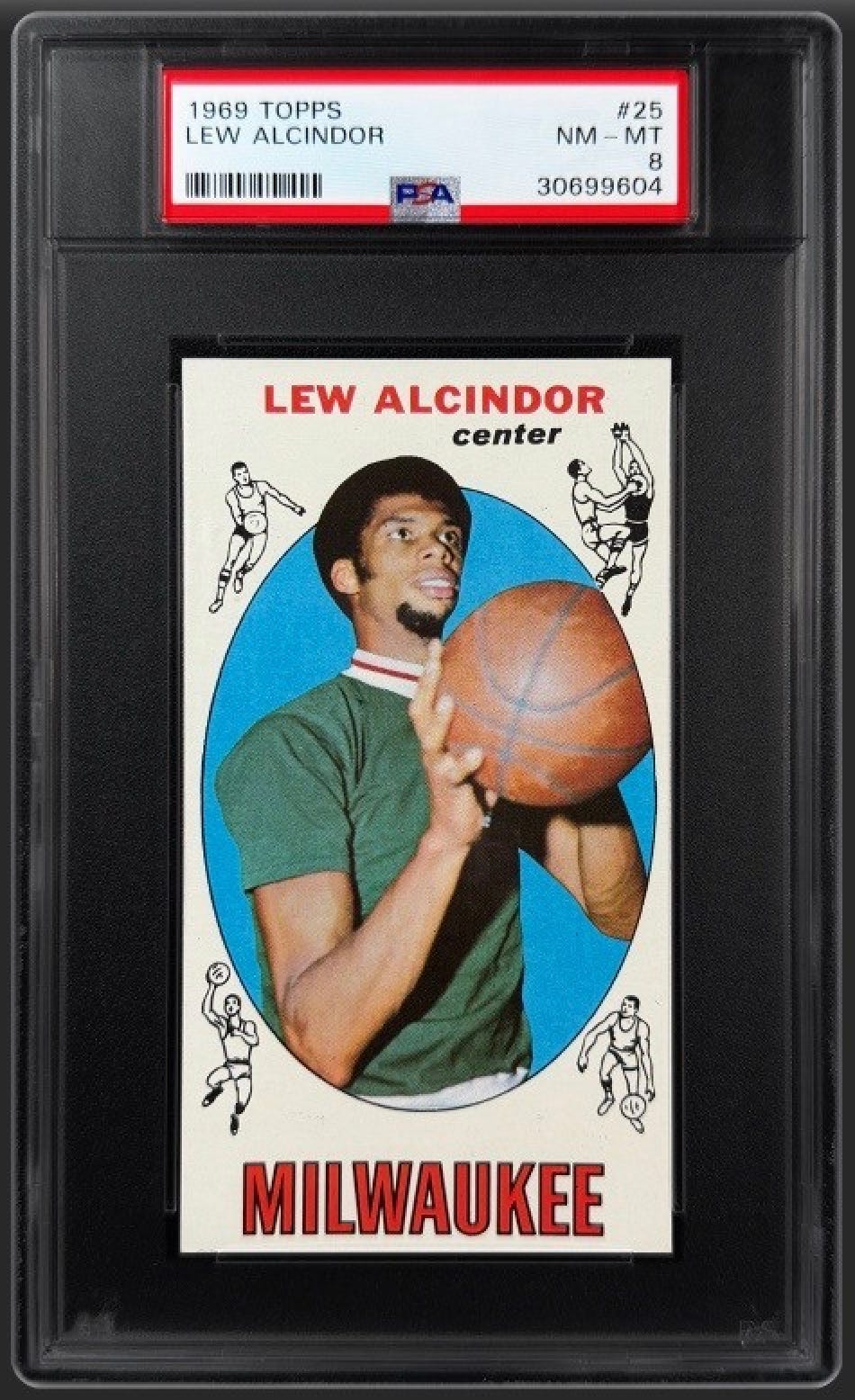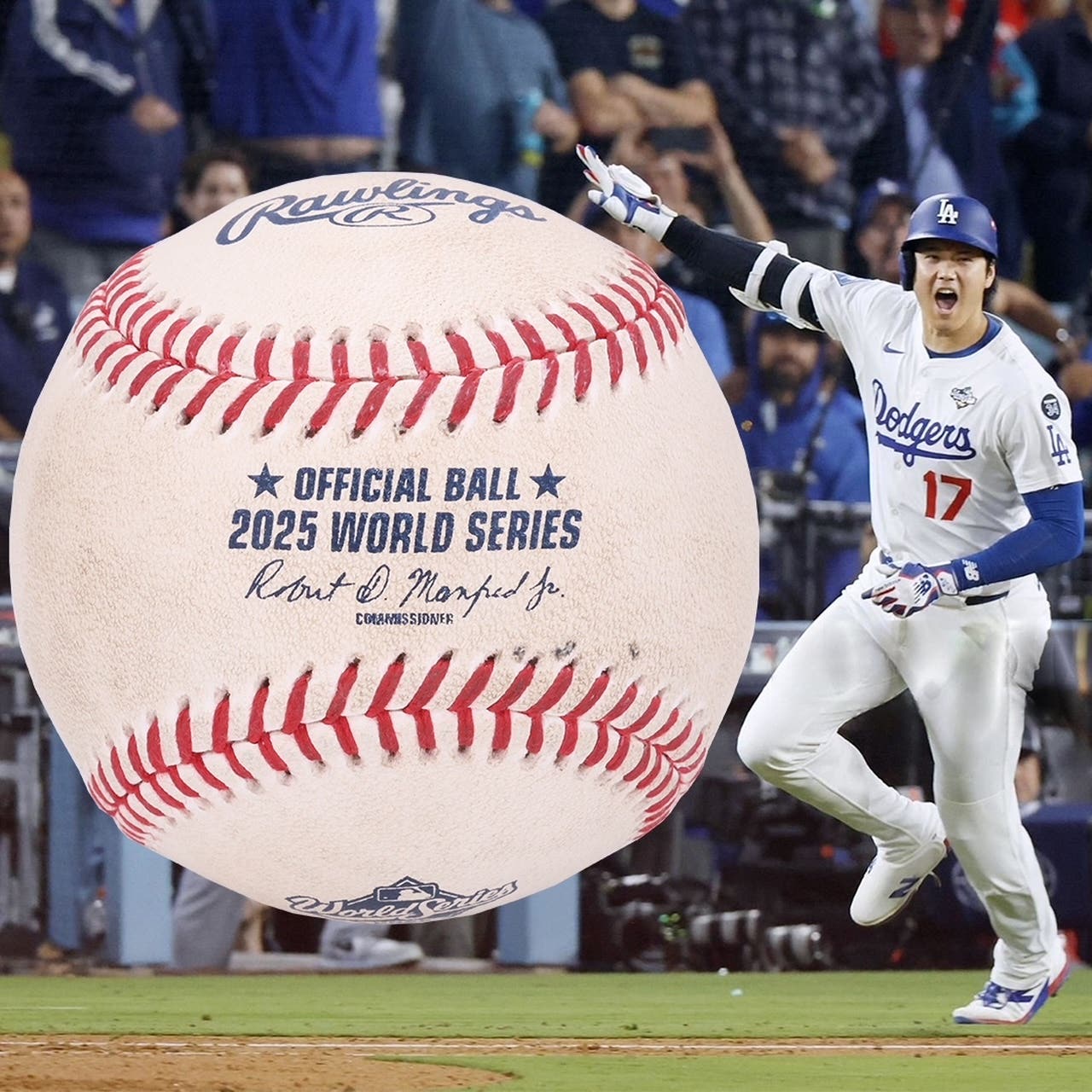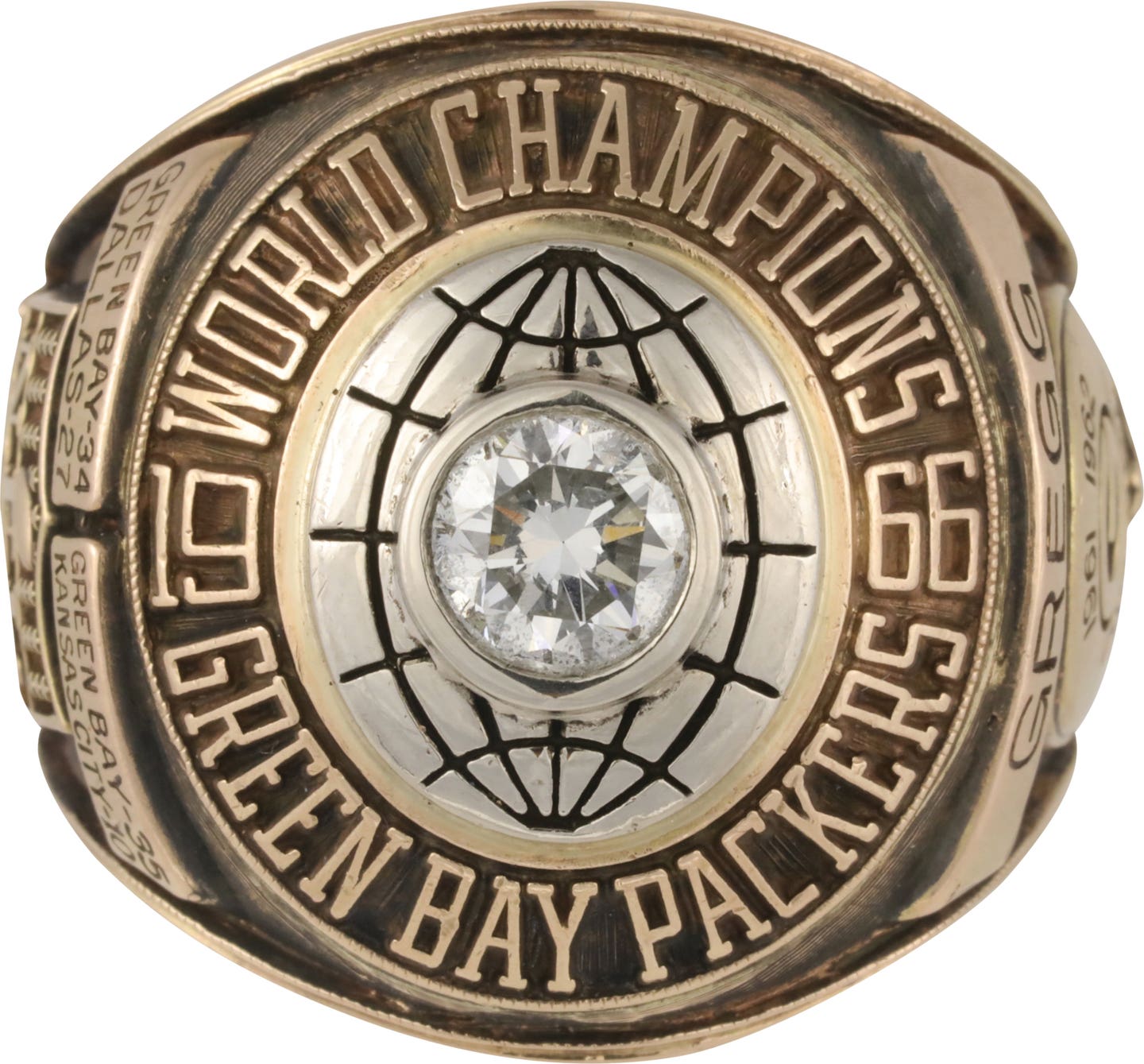News
Eight Men in Demand
“Shoeless” Joe Jackson. Anyone who knows his history can easily shake their head in amazement at some of his career numbers. Among his accomplishments – a .408 batting average in his first full big league season (1911), and a .356 lifetime average – the third-highest of all-time.
But the numbers 1919 define much of Jackson, the outfielder from South Carolina with the sweet swing that the legendary slugger Babe Ruth virtually copied since he thought it was the best.
In the 1919 World Series, Jackson and seven of his Chicago White Sox teammates directly or indirectly took money from gamblers and conspired to lose that Fall Classic against the Cincinnati Reds, or, if nothing else, they at least knew of the fix and did not promptly notify White Sox ownership of the plot. The “Black Sox,” of course, lost that matchup to the Reds.
An in-depth investigation about the alleged scheme started in 1920, and near the end of that big league regular season, White Sox owner Charles Comiskey indefinitely suspended the players in question, while the authorities scrutinized the scandal charges. Those impacted were Jackson, Fred McMullin, Swede Risberg, Eddie Cicotte, Happy Felsch, Buck Weaver, Lefty Williams and Chick Gandil.
Even though the players were ultimately acquitted in court, in 1921, Judge Kenesaw Mountain Landis, Major League Baseball’s first Commissioner, sent a strong anti-gambling message across the sport and permanently banned those eight players from pro baseball forever.
The ban also essentially barred Jackson, who some say received his nickname from playing in a single game in his socks since new cleats gave him blisters, from a “lock” on a plaque in Cooperstown.
Enthusiast’s vote
While the Sox in question were definitely “eight men out” as far as big league baseball was concerned, their stories and collectibles have earned a permanent place in many hobbyist’s hearts, minds and collections.
“I like the mystique of the Black Sox,” said Steve Falletti, a longtime Sox collector. “Eddie Cicotte (items) got me started; he was going to be a great pitcher.”
Cicotte and “Lefty” Williams were the two Chicago hurlers from that infamous 1919 squad, with first baseman Gandil, shortstop Risberg, third-sacker Weaver, outfielder Felsch and utility infielder McMullin rounding out the “rogue’s gallery” that Jackson “led” only in name recognition.
Falletti’s Sox “drawer” includes numerous photographs, newspapers and several cards. The collector said the Jackson W514 strip cards, issued from 1919-21 are a favorite.
“They are simple and a few other Black Sox are also in that set,” he noted.
Another popular Jackson card comes from the 1940 Play Ball issue, where a handful of stars from decades before, including Honus Wagner and Christy Mathewson, made an appearance. Of the 1940 Play Ball photo, where Jackson is shown in a full-body shot taking a swing at a pitch, Falletti said, “That’s a nice card and I just had to have it.”
As much as Falletti is attracted to the Black Sox, he draws the line in one particular area.
“They got what they deserved,” he said, about their MLB banishment. “And, I am dead set against Joe Jackson going into the Hall of Fame. Landis made the right choice.”
Steven Greenes, another Jackson card aficionado, takes a different slant on the superstar hitter/outfielder and his Cooperstown possibilities.
“There will come a time when he is admitted to the Hall of Fame,” said Greenes. “It is going to take the right type of commissioner, but I believe it will happen.”
Greenes began his “Shoeless” Joe collection about 15 years ago, and it includes the 1909 E90-1 American Caramel, regarded by many as his rookie card, the 1913 National Game and the 1915 Cracker Jack cards.
“I’d love to have the Old Mill T210, as well” said Greenes, “but they go for a lot of money.”
In this spring’s Robert Edward auction, a 1910 T210 Jackson, a truly rare card, in PSA 3.5 (VG+) condition, sold for nearly $200,000.
But Greenes owns another pasteboard that might just rival the 1909 American Caramel and the star hitter’s T210 tobacco card.
“I have a Greenville Boy postcard of Jackson on the Greenville Spinners from 1908,” he said. “This just might be the earliest Jackson card.”
The words “Joe Jackson, the Greenville Boy now with Philadelphia” appear at the bottom of the postcard. The hobbyist had it encapsulated by SGC a few years ago (SGC Authentic, plus with “C. 1908-09 Postcard” on the label). Jackson did play a handful of games with the big league Philadelphia Athletics and the minor league Greenville (South Carolina) club in 1908 and 1909, and some consider the card his rookie, even though it was not issued with a product. Either way, it was quite the find for Greenes just a few years ago.
Erik Varon, meanwhile, is a bit of a collecting blend of Falletti and Greenes. For one, Varon is an avid vintage card collector. Secondly, he has some strong thoughts about the lifetime banning of the Black Sox.
“As romantic as it would sound to have the players reinstated, Judge Landis did the right thing,” said Varon. “The commissioner had to do something dramatic to clean up the game. It needed to be done.”
About 10 years ago Varon created www.1919blacksox.com, a website to “share my enthusiasm and card collection” as he put it. Varon’s collection is alive with primarily “deadball” era cards, those from roughly 1901-20.
Over the years, the site expanded a great deal and now includes shots of several Black Sox cards, a mix of Varon’s and other people’s collections and additional items. Plus, the site also contains a solid chunk of information about the Sox experience from the “fix” through the court proceedings and beyond.
“I’ve actually heard from some of the relatives of the Black Sox players and members of the 1919 Cincinnati Reds,” he said. “That was very exciting to hear from those relatives.”
Rounding third
Some 90 years after the Black Sox scandal took place, one can easily ask a couple of questions: “Why are these eight ballplayers still so popular with several fans and collectors?” And, “What does the future hold in store for these leaders of the banned?”
Varon said much of the answer stems from the strong association that many fans usually have with the national pastime.
“Part of it is baseball is America, there is a lot of history there,” said Varon. “The Black Sox scandal is still memorable, a black eye of baseball. But there is still a connection with the Black Sox players.”
And the connection with those athletes and their cards and memorabilia appears to be as strong as ever. It is so Joe and Co., it is certainly so.
Doug Koztoski is a freelance contributor to SCD. He can be reached at kozpro20@hotmail.com.



